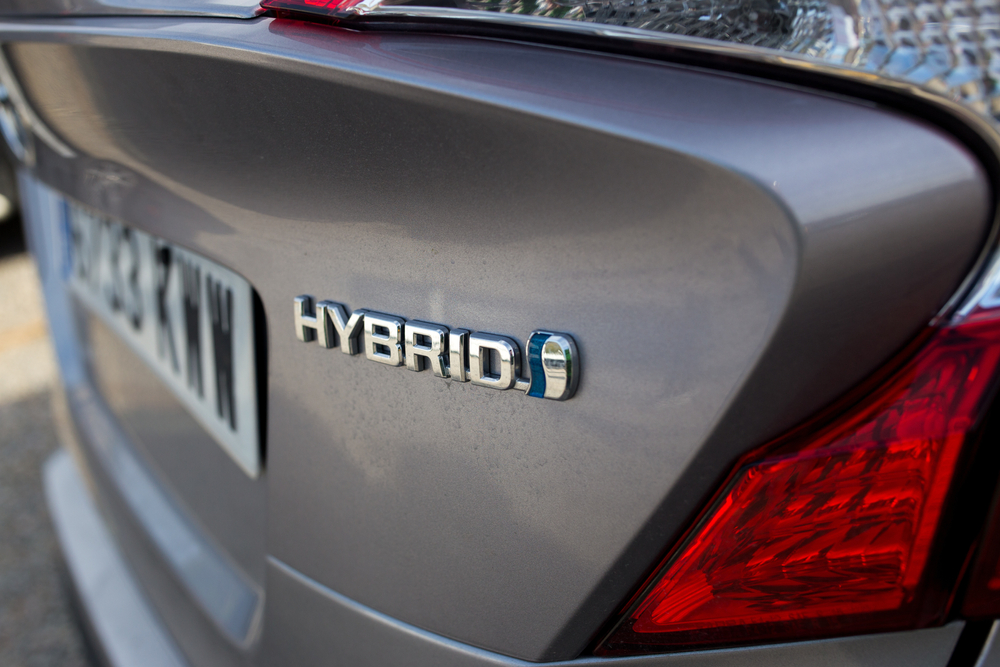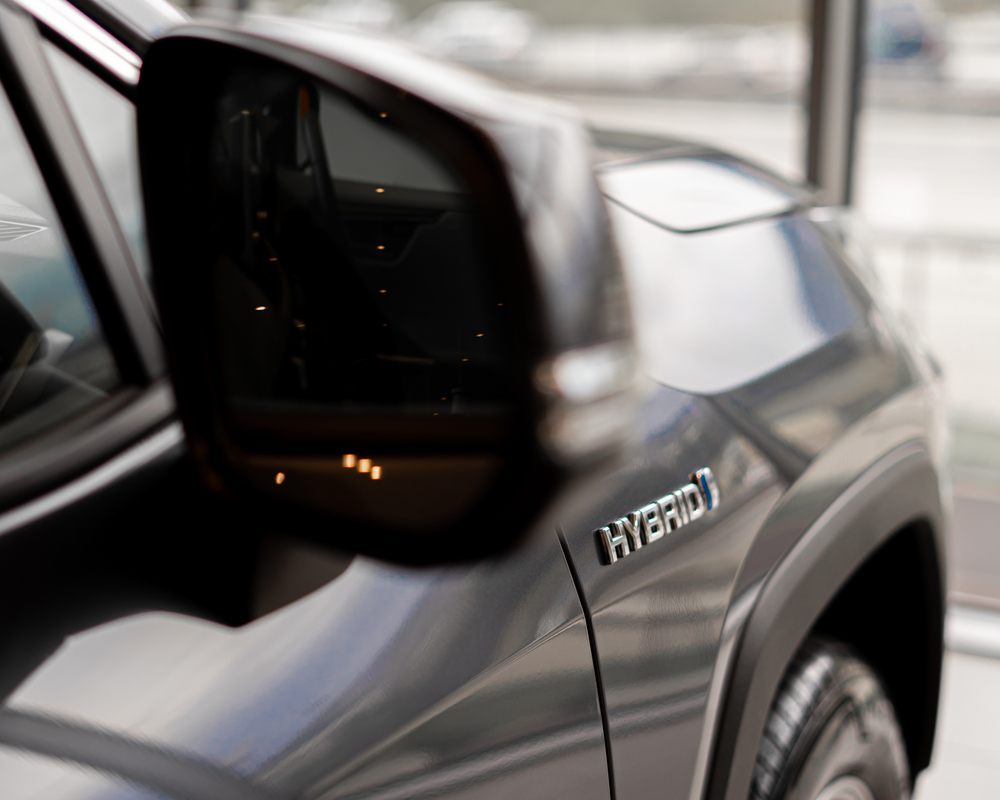Electric and hybrid vehicles have become popular alternatives among drivers who are concerned about the environment in recent years as the automotive industry has seen a dramatic change in favor of more environmentally friendly solutions. While hybrid automobiles include both electric power and traditional gasoline engines, electric cars run entirely on electricity. If you want to know all about electric and Hybrid Cars, you have come to the very right place. So, let’s explore the fundamental distinctions between these two categories of automobiles.
Electric Cars
Battery electric vehicles (BEVs), another name for electric automobiles, are propelled solely by electricity. They employ an electric motor that is powered by a rechargeable battery pack to store energy. What you need to know about electric automobiles is as follows:
- Zero Emissions: Compared to conventional gasoline-powered vehicles, electric cars have zero tailpipe emissions, making them cleaner and more environmentally friendly. Electric automobiles assist to cut greenhouse gas emissions and fight air pollution by lowering reliance on fossil fuels.

- Longer Range: The increase in driving range is one of the key developments in electric car technology. With some versions reaching 300 miles, contemporary electric vehicles may go more than 200 miles on a single charge. However, because the infrastructure for recharging is still emerging in certain locations, it is crucial to take the range restrictions into account and prepare for longer journeys.
- Infrastructure for Charging: Home charging or access to charging stations are both necessary for charging an electric vehicle. Many owners of electric vehicles install charging stations in their homes for overnight charging, and public charging networks are increasing. Additionally, there are fast-charging stations that enable speedier recharge times.
- Battery Life and Replacement: The capacity of electric vehicle batteries degrades with time, usually over a period of several years. Despite the fact that this could raise some concerns, manufacturers back their batteries with warranties and are constantly advancing battery technology.
Hybrid Cars
Hybrid vehicles, sometimes referred to as Hybrid Electric Vehicles (HEVs), pair a gasoline engine with an electric motor. These automobiles are designed to maximise fuel economy and minimise pollution. Let’s examine the characteristics and advantages of hybrid vehicles:
- Fuel Efficiency: When compared to vehicles fueled only by gasoline, hybrid automobiles are more fuel efficient. Reduced fuel consumption is achieved thanks to the electric motor’s assistance for the gasoline engine. Regenerative braking, which captures energy during deceleration to replenish the battery, is also used by some hybrid cars.
- Lower Emissions: Although hybrid vehicles still use gasoline-powered engines, the electric motor contributes to lower emissions by lowering the quantity of fuel used. For people who wish to reduce their carbon footprint but may not have access to a robust charging infrastructure, hybrid automobiles are a great option.
- Smooth Transition: A smooth transition between the electric motor and the gasoline engine allows hybrid vehicles to distribute power more efficiently depending on the road’s circumstances. The driver doesn’t need to do anything during the automated switch.
- Limited Electric Range: Unlike electric vehicles, hybrids only have a little amount of range on electricity. Their main source of power is a gasoline engine, with an electric motor acting as a backup during acceleration or at low speeds. A hybrid car’s battery is smaller than an electric car’s and cannot support extended electric-only trips.

- Charging Not Required Necessarily: Hybrids do not require external charging, in contrast to electric vehicles. There is no requirement for specialised charging infrastructure because the battery is charged by regenerative braking and the running of the gasoline engine.
How To Chose The Right One
Your particular requirements and circumstances will determine whether you choose an electric automobile or a hybrid vehicle. Here are some factors to take into account when you make your choice:
- Driving Habits: Consider your daily driving needs, taking into account the distance travelled and the availability of charging stations. An electric vehicle can be a good option if your commute is short and you have regular access to charging stations. However, a hybrid automobile might give flexibility with its gasoline engine if you routinely take longer journeys or have restricted access to charging.
- Environmental Impact: Electric vehicles are unquestionably the best option if lowering your carbon footprint is a key priority. They contribute to cleaner air and better earth since they have zero exhaust emissions. Hybrid vehicles still use gasoline, but they do it more efficiently and with less pollution.
- Budget considerations: Due to advances in battery and charging technology, electric automobiles are often more expensive upfront. With cheaper power and less maintenance needed, they do provide lower operating expenses. On the other hand, hybrid automobiles tend to be more economical and can save on gasoline, but they still need routine maintenance just like ordinary cars do.
Automobiles powered by electricity or a hybrid powertrain provide greener options to traditional gasoline-powered cars. While hybrids provide increased fuel economy and a more comfortable refuelling experience, electric automobiles offer zero emissions and longer ranges. To choose the choice that best fits your lifestyle and ideals, take into account your driving habits, the accessibility of charging infrastructure, and your financial limitations. Going all-electric or choosing a hybrid both help create a more environmentally friendly future and sustainable transportation options.

